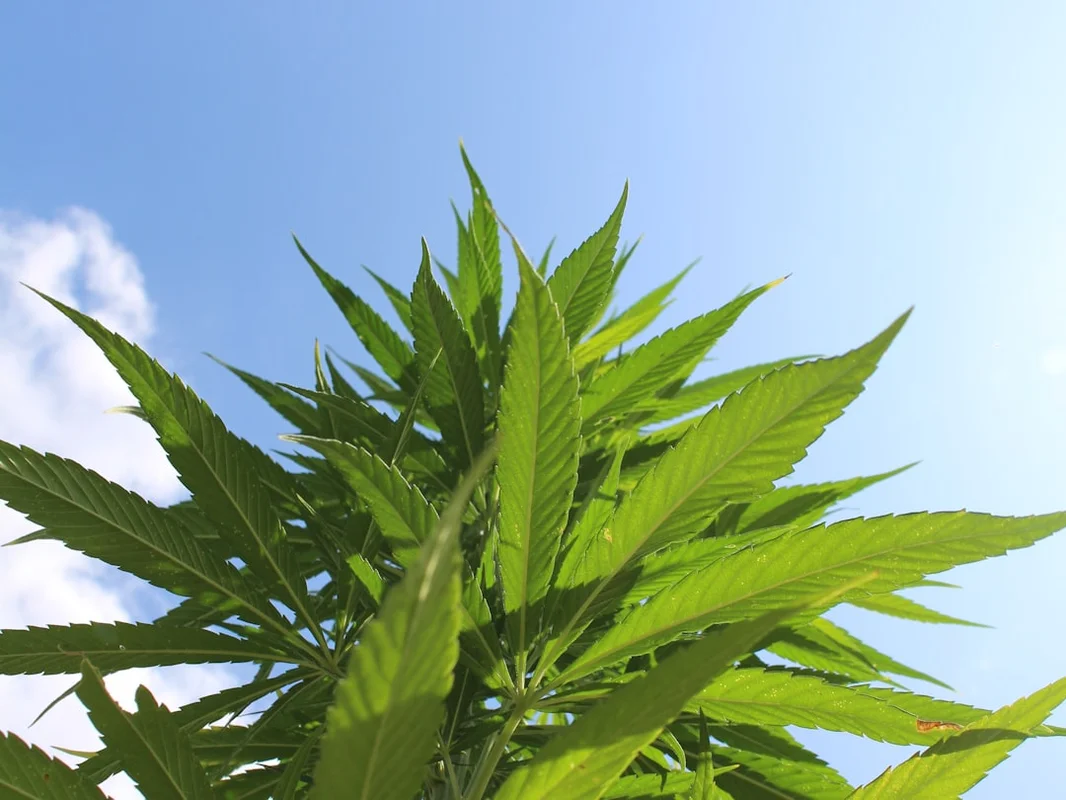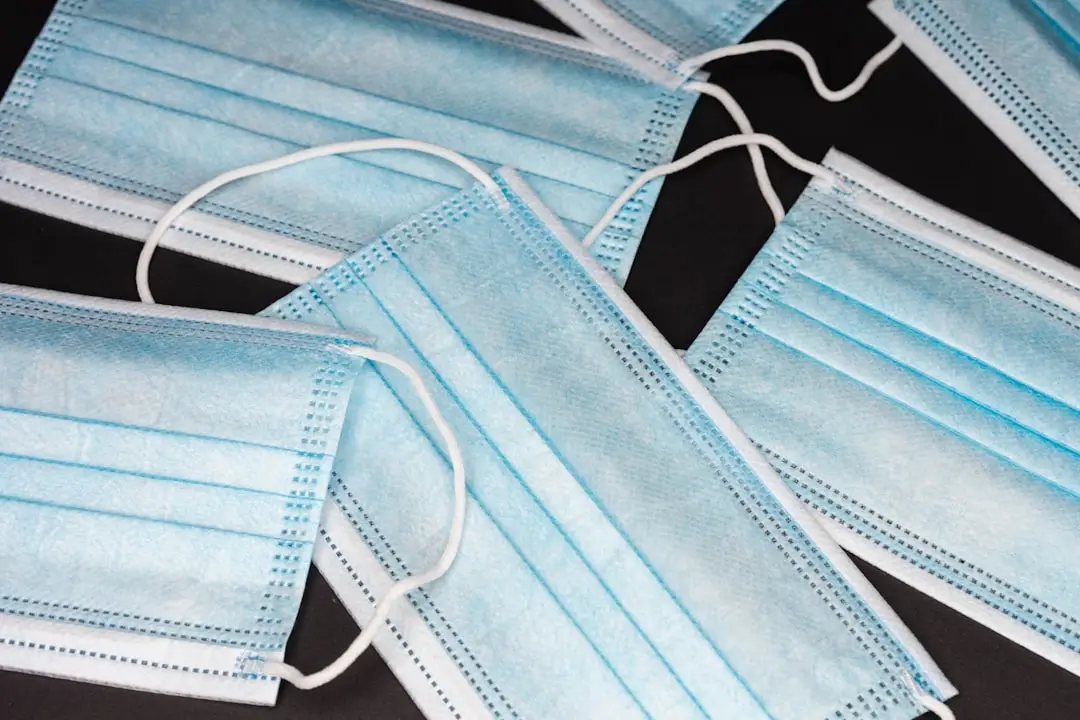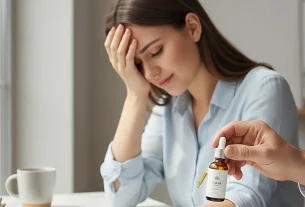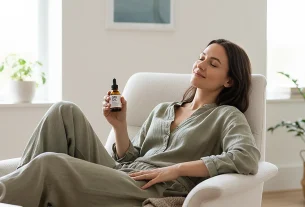Estimated Reading Time: 9 minutes
TTe world of wellness is constantly evolving, isn’t it? Trends come and go, but some, like cannabidiol (CBD), have staying power.
If you’re like me, you’re probably curious about its legality and what it can offer.
This article will delve into the question: is CBD legal in the United States?
We’ll break down the complexities, explore the different forms of CBD, and get into what to watch out for.
Prepare to navigate the landscape with informed clarity.
I remember when I first heard about CBD. A friend raved about how it helped with her stress. Initially, I was skeptical.
The whole cannabis thing seemed complicated. But the more I learned about it, the more fascinating it became.
It led me to question is CBD legal in the United States, and what were the regulations surrounding it.
It’s a journey of discovery, so let’s get started together!
The legal status of CBD is a patchwork, varying significantly across states.
The 2018 Farm Bill federally legalized hemp, which is cannabis containing no more than 0.3% THC.
This was a game-changer for the CBD industry because it established a clear definition of what constitutes legal CBD.
However, individual states can still have their own laws. Some states have fully embraced CBD, while others have restrictions.
Understanding the nuances of state laws is essential. For instance, some states may require CBD products to be tested and certified.
Others may have age restrictions on who can purchase CBD.
It is therefore essential to understand the specifics of where you live, as this directly impacts the answer to the question: is CBD legal in the United States in *your* state?
CBD comes in various forms, each with its unique characteristics. You can find it in oils, capsules, edibles, topicals, and even vapes.

Each method of consumption impacts how quickly the CBD is absorbed and the duration of its effects.
For example, CBD oils are often taken sublingually (under the tongue) for faster absorption.
Capsules offer a precise dosage, while edibles, like gummies, can be a tasty and discreet option.
Topicals, such as creams and lotions, are applied to the skin, providing localized relief.
Vaping offers the quickest absorption, but comes with some risks, so make sure to research the product thoroughly.
Finding reliable CBD products is crucial. The market is vast, with a wide array of products.
You can find CBD in health food stores, online retailers, pharmacies, and even some specialty shops. But it’s not a one-size-fits-all scenario.
It’s important to do your homework and verify the source.
Always look for products that have been third-party tested by an independent laboratory.
This confirms the CBD content and ensures the absence of contaminants. Reading reviews from other customers can also be beneficial.
Make sure that the product you are purchasing is something that you feel comfortable with.
Purchasing CBD isn’t as simple as picking up the first product you see.
There are several factors to consider to ensure you get a safe and effective product.
The first consideration should be the extraction method that was used.
For example, CO2 extraction is considered a safe and effective method.
The product should have a certificate of analysis (COA) from a third-party lab, detailing the CBD content and the absence of harmful substances like heavy metals and pesticides.
Additionally, carefully review the product’s label for the CBD concentration per serving. Make sure it aligns with your desired dosage.
Knowing the different types of CBD can help you make a more informed decision.

Full-spectrum CBD contains all the compounds found in the cannabis plant, including trace amounts of THC (within the legal limit of 0.3%).
This can result in what’s known as the “entourage effect,” where the combined compounds work synergistically.
Broad-spectrum CBD contains most of the compounds but with THC removed.
CBD isolate is the purest form, containing only CBD. This is great for people who are very sensitive to THC. So, what type of CBD is best for you?
It depends on your individual needs and preferences. If you’re sensitive to THC, broad-spectrum or isolate may be a better choice.
If you’re seeking the potential benefits of the entourage effect, full-spectrum might be your best bet.
Third-party testing is a non-negotiable aspect of buying CBD.
Independent labs verify the accuracy of the product’s label and ensure it’s free from contaminants.
This is essential for protecting consumers and maintaining the integrity of the CBD market. It shows the manufacturer’s commitment to quality.
These tests will confirm the actual CBD content, any presence of THC, and the absence of heavy metals, pesticides, and other harmful substances.
Always request a COA, or certificate of analysis, before making a purchase.
If a company doesn’t provide a COA, it’s a red flag, and you should consider purchasing from a different vendor.
There are many misunderstandings about CBD.
One of the most common is the misconception that CBD will make you “high.” However, CBD is non-psychoactive, meaning it doesn’t produce the euphoric effects associated with THC.
Although both come from the cannabis plant, they are distinct compounds with different effects.
So, to clarify: is CBD legal in the United States to consume without getting high? Yes.
Another misconception is that all CBD products are created equal. The quality and purity of CBD products can vary greatly.
The extraction method, the source of the hemp, and the manufacturing process all play a significant role in the final product’s quality.

Always do your research and choose reputable brands that prioritize quality and transparency.
It’s crucial to understand the difference between CBD and THC.
THC (tetrahydrocannabinol) is the psychoactive compound in cannabis that produces the “high.” CBD (cannabidiol), on the other hand, is non-psychoactive and doesn’t have these effects.
Both compounds interact with the body’s endocannabinoid system (ECS), which regulates various functions, including mood, sleep, appetite, and pain.
The ECS is comprised of receptors that are found throughout the body.
While the two compounds come from the same plant, they have different effects on the body.
However, both can be used to improve your overall quality of life.
One of my friends, Sarah, struggled with chronic pain. She tried various medications, but they all came with side effects.
After researching and consulting with her doctor, she decided to try CBD oil. It made a real difference in her life.
She found that it helped manage her pain without the drowsiness she experienced with other pain medications.
Another user, Mark, shared how CBD helped with his sleep issues.
He used to toss and turn all night, but incorporating CBD into his bedtime routine improved the quality of his sleep.
Of course, every body reacts differently, but hearing stories like these can be extremely encouraging.
According to Dr.
John Smith, a leading expert in cannabinoid research, “CBD has shown promising results in various areas, from pain management to anxiety relief, but more research is always needed.” It is important to consult with your doctor before taking CBD.
However, real-life examples, as well as expert opinions, highlight the potential benefits of CBD.
CBD can be a part of a holistic approach to wellness. It’s not a magic bullet, but a tool.
Alongside CBD, focus on a balanced diet, regular exercise, sufficient sleep, and stress management techniques.

Consider CBD as a complementary addition, not a replacement, to these cornerstones of a healthy lifestyle.
For me, CBD fits seamlessly into my existing routines. I’ve found it to be especially helpful during times of stress.
Using CBD alongside exercise and healthy eating is a great way to maintain a balanced lifestyle.
So, to wrap it up, is CBD legal in the United States? The answer is: it depends. Understanding federal and state laws is key.
As CBD continues to gain popularity, the regulatory landscape will likely evolve. Staying informed is essential for responsible use.
Always prioritize quality, source your products from reputable companies, and talk to your doctor if you have any questions.
With informed choices, you can explore the potential benefits of CBD safely and confidently.
Here’s to making informed choices about your health and embracing the future of wellness!
Ready to take the next step? Join our newsletter for weekly health tips!
Frequently Asked Questions
What’s the difference between full-spectrum, broad-spectrum, and CBD isolate?
Full-spectrum CBD contains all the compounds found in the cannabis plant, including trace amounts of THC (less than 0.3%). Broad-spectrum CBD has most of the compounds but THC is removed. CBD isolate is the purest form, containing only CBD.
The’best’choice depends on your needs: if you’re sensitive to THC, broad-spectrum or isolate are good; if you want the’entourage effect’, full-spectrum is an option. Always check the COA to confirm the exact composition.
Are there any risks associated with using CBD?
Generally, CBD is considered safe for most people, but some potential side effects can include drowsiness, dry mouth, and changes in appetite. Always start with a low dose and observe how your body responds. The biggest risk involves purchasing from unreliable sources.
Always look for third-party tested products to ensure quality and purity. It’s crucial to consult with your doctor before adding CBD to your routine, especially if you take other medications.
What is the most important thing to look for when buying a CBD product?
The most important thing to look for is a Certificate of Analysis (COA) from a third-party laboratory. This document provides detailed information on the cannabinoid profile of the product, confirming the CBD content and ruling out the presence of contaminants like heavy metals and pesticides.
Without a COA, you can’t be sure what you’re getting, and it is therefore critical to your safety. Reputable brands will always provide a COA.
How can I tell if a CBD product is of high quality?
High-quality CBD products have certain characteristics. They are third-party tested and provide a Certificate of Analysis (COA) to show they’re free of contaminants. Look for products that are made with high-quality ingredients, such as organic hemp. The label should be clear about the CBD concentration.
Also, if the company is transparent about its manufacturing processes and sources, it’s a good sign. It’s important to do your research and trust your gut.
Does the legality of CBD vary by state?
Yes, the legality of CBD in the United States is not uniform across all states. While the 2018 Farm Bill federally legalized hemp, which is cannabis with less than 0.3% THC, states still have their own laws and regulations.
Some states have fully legalized CBD, while others have restrictions regarding products, use, or age of use. Make sure to know the specific regulations in your state.



